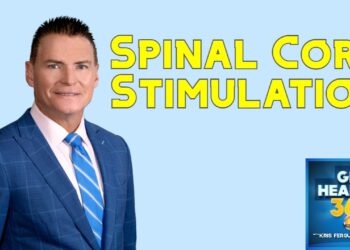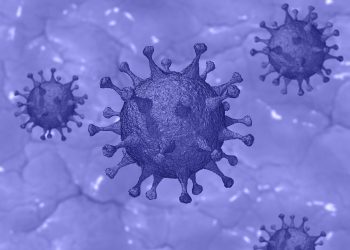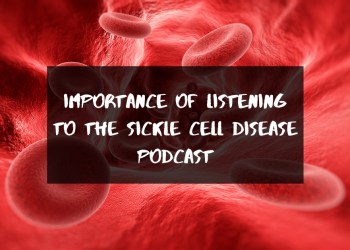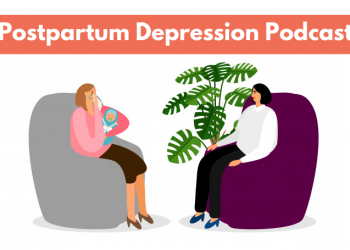Drinking may kill your liver – we are talking soda this time!
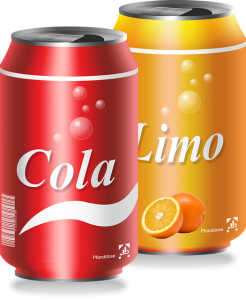
High-fructose corn syrup has replaced sucrose in soft drinks in the US. High-fructose corn syrup increases the risk of nonalcoholic fatty liver disease and well as a poor lipid profile. Naturally, health care professionals should be having more diet related talks with their patients.
The Research
J Nutr Biochem. 2017 Jan;39:32-39. doi: 10.1016/j.jnutbio.2016.09.010. Epub 2016 Sep 30.
High-fructose corn syrup-55 consumption alters hepatic lipid metabolism and promotestriglyceride accumulation.
Mock K1, Lateef S2, Benedito VA3, Tou JC4.
Abstract
High-fructose corn syrup-55 (HFCS-55) has been suggested to be more lipogenic than sucrose, which increases the risk for nonalcoholic fatty liver disease (NAFLD) and dyslipidemia. The study objectives were to determine the effects of drinking different sugar-sweetened solutions on hepatic gene expression in relation to liver fatty acid composition and risk of NAFLD. Female rats were randomly assigned (n=7 rats/group) to drink water or water sweetened with 13% (w/v) HFCS-55, sucrose or fructose for 8 weeks. Rats drinking HFCS-55 solution had the highest (P=.03) hepatic total lipid and triglyceride content and histological evidence of fat infiltration. Rats drinking HFCS-55 solution had the highest hepatic de novo lipogenesis indicated by the up-regulation of stearoyl-CoA desaturase-1 and the highest (P<.001) oleic acid (18:1n-9) content. This was accompanied by reduced β-oxidation indicated by down-regulation of hepatic peroxisome proliferator-activated receptor α. Disposal of excess lipids by export of triglyceride-rich lipoprotein from the liver was increased as shown by up-regulation of gene expression of microsomal triglyceride transfer protein in rats drinking sucrose, but not HFCS-55 solution. The observed lipogenic effects were attributed to the slightly higher fructose content of HFCS-55 solution in the absence of differences in macronutrient and total caloric intake between rats drinking HFCS-55 and sucrose solution. Results from gene expression and fatty acid composition analysis showed that, in a hypercaloric state, some types of sugars are more detrimental to the liver. Based on these preclinical study results, excess consumption of caloric sweetened beverage, particularly HFCS-sweetened beverages, should be limited.


